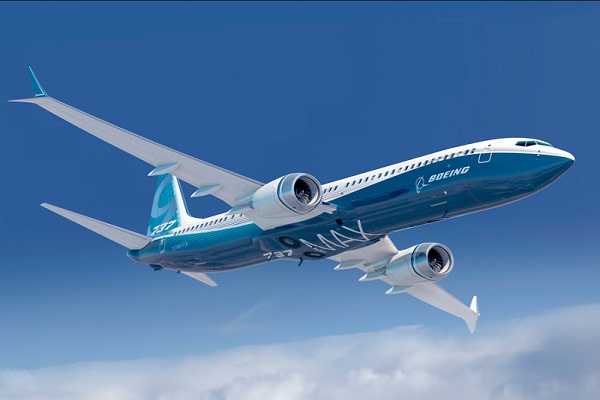If we were not biased towards Indonesia’s Lion Air, we might have caught the default in Boeing 737 Max earlier, and avoided the second crash
Between 2016 to 2018, I was taking Lion Air flights approximately twice a month to Indonesia.
Lion Air flights were the most affordable (a fancy word for cheap), especially as I run on an NGO budget. And on 29 October 2018, Lion Air Flight 610 crashed into the water, and all 189 people on board did not survive.
I could have been in the plane that crashed
A recent Netflix documentary “Downfall” looked into the case against Boeing.
I teared when I saw the familiar Lion Air planes and Jakarta airport. It appears that Boeing’s company culture took a turn after the merger with McDonnell Douglas in 1997. The company started to focus more on sales instead of engineering.
In 2003, Europe’s Airbus overtook Boeing in terms of market share. Airbus A320neo’s fuel efficiency increased demand for Airbus’s aircraft. Boeing had to come up with something fast and was under pressure from Wall Street to deliver.
As a result, Boeing 737 Max was launched and sold to airlines worldwide.
The blame game
When Boeing 737 Max crashed in Asia and Africa, fingers were pointed at the Asian and African pilots instead of the American aircraft manufacturer.
Even though the pilots of Lion Air and Ethiopian Airlines were well trained and highly qualified, Boeing said that the pilots did not do what they were supposed to.
When the black boxes were retrieved, it was revealed that the pilots did what they were supposed to do and that the Boeing 737 Max was faulty.
Further investigations showed that Lion Air reached out for more training for their pilots for the new 737 Max planes. Boeing belittled them and refused to conduct additional pilot training.
Boeing 737 Max continued flying until China took the lead to ground this aircraft unilaterally
Boeing stood by their statement that their aircraft were safe to fly and had the US government’s support. No countries grounded Boeing 737 Max despite the two deadly crashes.
China was the first country to ban 737 Max planes. Australia, Canada, Singapore, Indonesia, Europe, New Zealand, etc. followed suit.
Prioritising profits over passengers’ safety
Boeing engineers raised their concerns for safety but were shut down by Boeing’s executives.
The “revolutionary” 737 Max includes a significant change, a new software: MCAS, which pushed the nose of the aircraft down, causing the two crashes.
From the documentary, it appears that Boeing wanted to avoid the expensive costs to train pilots and categorised MCAS as a minor change.
Over 300 people lost their lives as a result. But Boeing’s share price was unaffected.
Even though Dennis Mullenburg was fired, he walked away with over US$60 million. There must be consequences for people who disregard public safety.
Lesson on diversity for all of us
Here are my takeaways:
- If we were not biased towards Indonesia’s Lion Air, we might have caught the default in Boeing 737 Max earlier, and the second crash might not have happened.
- If we did not prejudice Ethiopian Airlines, countries could have grounded 737 Max much earlier.
- The world needs diverse voices. The USA cannot be the dominant voice that “leads the world”. We need Asian, African, Middle Eastern, Latin American, etc. voices at the table to hold each other accountable. I shudder to imagine if China did not lead ground 737 Max, how many more lives would have been lost?
- A company needs to heed the voices of their engineers as much as their sales and marketing people.
Perhaps I feel more strongly about this due to my close proximity to Lion Air. I would love to hear what your thoughts are.
Source: e27










